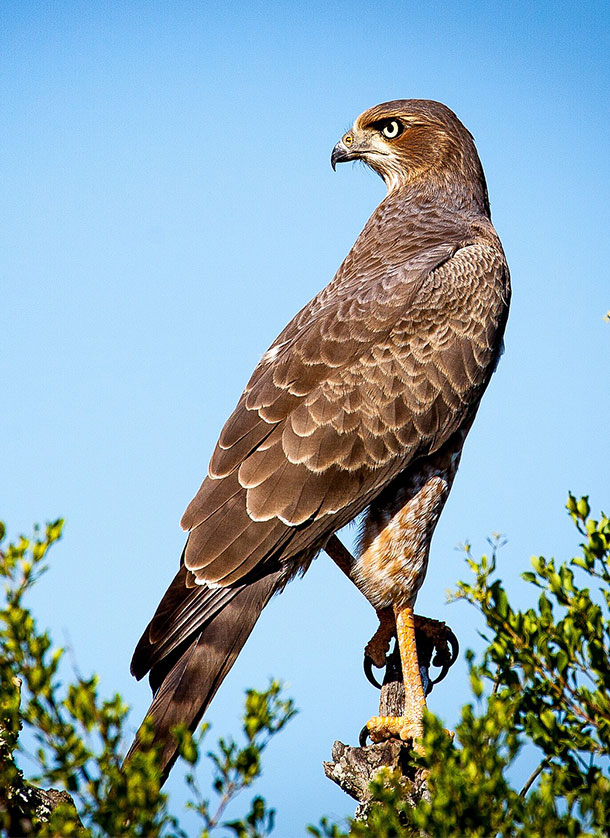4 Barnard St, Rondebosch, Cape Town, 7700
Call Craig: +27 82 091 7983 | Email: craig@southernafricantours.com
Call Bianca: +27 74 957 0355 | Email: bianca@southernafricantours.
South African Private Safaris & Self-drives | Southern African Tours
Safari Tour Company in Cape Town South Africa
SEARCH TOURS
10 Safari Tips for First Timers
An African safari tour is one of the most unique experiences on earth. The bushveld and expansive savannah offer you a chance to get very close to nature in an absolutely natural environment. It is here that you shall see the Big Five – rhino, lion, leopard, elephant and Cape buffalo. The diversity of animal, reptile, bird, fish and plant life in Africa’s private and national game parks is outstanding.
1. Plan well in advance
Do you have a budget in mind? Decide where you would like to go on safari. The best safari regions are in Southern and East Africa. Which countries you would like to visit? Then decid
Do you have a budget in mind? Decide where you would like to go on safari. The best safari regions are in Southern and East Africa. Which countries you would like to visit? Then decide when you want to go? Game viewing is best during the dry winter months (May to September), when animals are obliged to congregate around water sources, including the Big Five.
Contact two or three tour operators, compare itineraries and prices. It is best to employ an operator who is based in the country that the tour/safari is taking place. This is because they have the expertise, and negotiate the best prices for you. Before booking, find out a little about your tour/safari guide, if you can, chat to him on Skype. Our ethos is that the tour Guide is the difference between an average and a great tour.

If you require assistance with planning your next safari tour, please contact Craig at + 27 (0) 820917983 or mail craig@southernafricantours.com
Having recently compared our prices with our competitors, I’m glad to say that our private tours and safaris are very well priced when you want to go? Game viewing is best during the dry winter months (May to September), when animals are obliged to congregate around water sources, including the Big Five.
Contact two or three tour operators, compare itineraries and prices. It is best to employ an operator who is based in the country that the tour/safari is taking place. This is because they have the expertise, and negotiate the best prices for you. Before booking, find out a little about your tour/safari guide, if you can, chat to him on Skype. Our ethos is that the tour Guide is the difference between an average and a great tour.
2. Travel insurance, passport, eTickets and itinerary
Once your travel plans have been finalised, take out travel insurance. Select a comprehensive cover which includes cancellation, emergency evacuation and hospitalisation. Please don’t forget your passport, itinerary and eTickets at home.
3. Prescription medication and glasses
Remember to pack your prescription medication in your hand luggage (in case your check-in luggage goes missing or arrives late). Don’t forget your prescription specs!
4. Safari attire
Wearing clothes in layers is the most practical way to cope with fluctuating temperatures. As the day warms up you can peel off a layer. Then as it begins to cool toward evening, you can put them back on. Whilst on safari wear natural, neutral, earthy colors to blend in with the environment. Bright colors are a no no!
Here is a list of wardrobe essentials
- light raincoat
- brimmed sun hat and wool hat for the mornings
- safari pants – zip off at the knees type.
- long sleeves and collars to protect you from the sun and mosquitoes
- bathing suit – most lodges have swimming pools
- casual/smart dress for dining at classy hotels and lodges
- comfortable walking shoes
- warm jacket
- cotton scarf
- sandals for those warmer months
Most international airlines restrict your check-in luggage to around 30kgs. However, if your safari itinerary includes any light aircraft flights, then this can mean as little as 15 kgs. Don’t panic, as most hotels and safari lodges offer a same-day laundry service.
Please contact me if you would like more information about the Kruger National Park Southern African.
Call Craig + 27 820917983 or mail me craig@southernafricantours.com
5. Basic health and safety
Vaccine protocols and malaria requirements are different for each country. Please consult your doctor or pharmacist. Your travel agent will send you a list!
Here are some important safety tips – Drink plenty of bottled/mineral water, peel fruit before consummation, bring along a strong sunscreen (factor 30), and cover yourself from the sun, apply insect/mosquito repellent, take malaria medication (where necessary), bring your toiletries, head lamp, and pack a basic first aid kit with medication for minor wounds, diarrhea, sunburn, headaches, flu, and get enough sleep!
Do not carry large sums of cash, and do not walk alone at night. Leave your passport, airline tickets and cash in a safe place (lodge/hotel safe) when going out. Preferably leave your jewellery and expensive watches at home.
6. Camera, mobile devices, binoculars and internet
When going to Africa, never forget to bring an AC adapter with multiple USB connections. Have a look online and find one that works in all the countries you plan to visit. A safari is the ultimate photographic opportunity, so bring a good DSLR camera, high-quality zoom lens, extra batteries and memory cards.Binoculars are crucial, and a good pair will make a difference to your safari experience. A 10 x magnification will suffice.
Cell phone coverage and Wi-Fi is widespread throughout Africa – except in some of the remote safari locations.
7. Currency, cash, credit cards and ATM’s
The rand and dollar are accepted as payment in most Southern African countries.
Credit and Debit Cards – Most establishments accept international credit cards. Unfortunately credit card facilities add a 5% transaction and don’t offer the best rate of exchange.
ATM machines – You may need an international PIN code. Please check with your bank before departure. ATM’s accept most cards, but not all! Visa card is the most reliable in Southern Africa. Please don’t depend on ATMs as your only source of cash!
8. Love all the wildlife
So you need to see the Big Five, but African safaris offer so much more. In fact, Africa and its great game fields are home to more species of flora and fauna than any other continent.
Be open-minded and easy going. Every safari drive is unique and therefore unpredictable, so try not to stress about the things you cannot control.
Listen to your safari guides instructions, especially prior to departure on safari.
Please don’t be shy to ask your safari guide questions.
9. Safari both on land and water.
On land – SUVs (sport utility vehicle) can reach isolated corners of Africa’s large game parks, adjust their speed, height and direction for perfect wildlife viewing and photography.
On water – Sailing, safari boat cruises, white water rafting and canoeing (mokoro) on Africa’s lakes and rivers is becoming more popular every year. Countries like Botswana, Zimbabwe, Zambia, Malawi and South Africa have Mighty rivers and Great lakes for you to explore.

10. Tipping your safari guide
Safari guides expect between USD 5 and USD 10 per person per day, and the tracker USD 5. Tips should be given to them at the end of the safari. Tour guides expect a similar gratuity.




